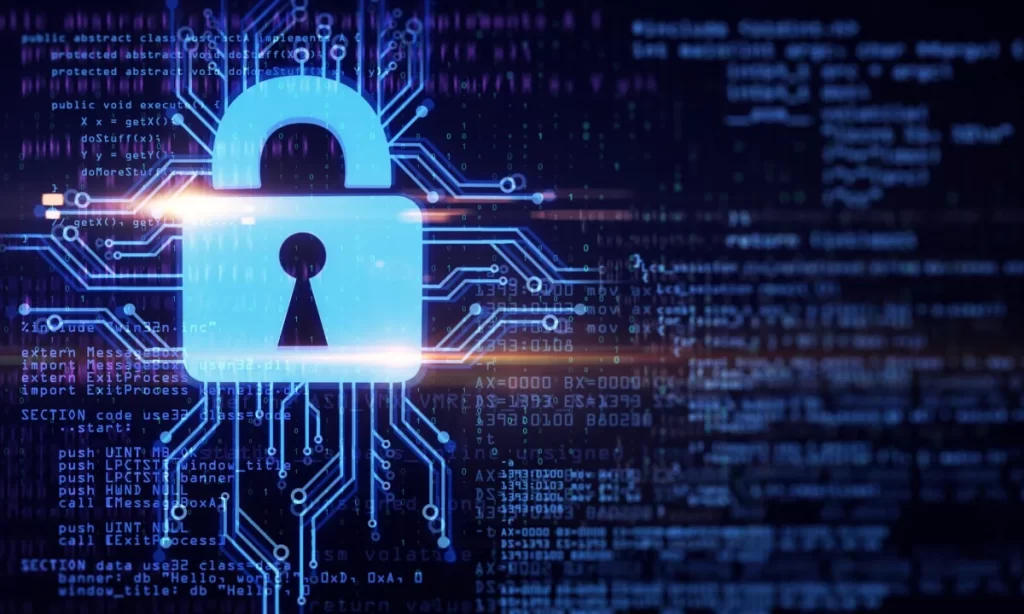In the ever-evolving landscape of cyber threats, computer forensics has emerged as a frontline defense in the cybersecurity battlefield. With the rapid growth of digital technology and the increasing reliance on interconnected systems, the risk of cyber-attacks has escalated to unprecedented levels. As a result organizations and individuals alike have come to recognize the critical role that computer forensics plays in investigating and mitigating these attacks. Computer forensics involves the systematic collection, analysis and preservation of digital evidence to uncover the details of a cybercrime or security breach. It encompasses a wide range of techniques and tools, including data recovery; network analysis, malware analysis and log file examination. The ultimate goal is to piece together a comprehensive picture of the attack, identify the culprits and gather evidence that can be used in legal proceedings if necessary.

In the cybersecurity battlefield, computer forensics acts as the frontline by providing invaluable insights into the tactics, techniques and motives of cybercriminals and investigates this page https://lifeviewresources.com/. It is through the meticulous examination of digital footprints left behind in networks, devices and data repositories that forensic investigators can reconstruct the sequence of events leading up to and following an attack. This enables them to identify the vulnerabilities that were exploited, determine the extent of the compromise and develop strategies to prevent similar incidents in the future. Moreover, computer forensics serves as a proactive defense mechanism as it can uncover indicators of compromise (IOCs) that can be used to detect and prevent future attacks. By analyzing the characteristics and behaviors of malicious code, network traffic patterns and anomalous user activities, forensic experts can develop robust threat intelligence that strengthens the overall cybersecurity posture of an organization. This intelligence can then be shared with other entities, such as security vendors and law enforcement agencies, to facilitate a collaborative response to cyber threats.
The significance of computer forensics extends beyond incident response and prevention. It also plays a crucial role in the aftermath of a cyber-attack, aiding in the recovery of compromised systems, data restoration and the restoration of business operations. By meticulously analyzing the extent of the damage and identifying the residual risks, forensic experts can guide organizations in implementing effective remediation strategies and improving their overall security posture. In conclusion, computer forensics stands at the forefront of the cybersecurity battlefield, bridging the gap between reactive incident response and proactive threat intelligence. It serves as a powerful weapon against cybercriminals, uncovering their tactics, protecting against future attacks and aiding in the recovery process. As the digital landscape continues to evolve, the importance of computer forensics will only grow, cementing its position as an indispensable frontline defense in the ongoing battle against cyber threats.